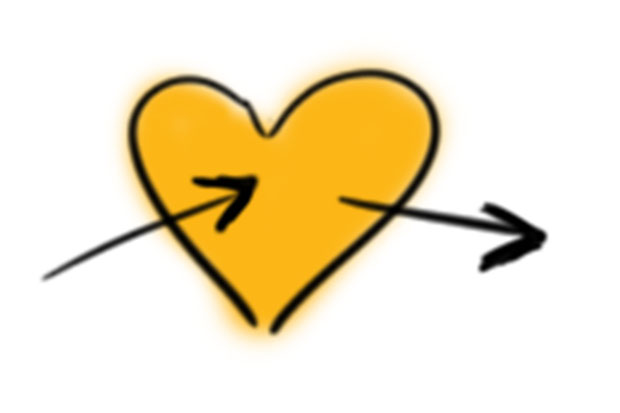Continuing our exploration of the Ten Commitments, I take a look at Peace and Social Justice. True peace involves an intense commitment to social justice and affirms the human rights and personal autonomy of all people.
In an age marked by global conflict, deep social divides, and systemic inequality, the call for peace and social justice resonates more urgently than ever. From the humanist perspective, these are not abstract ideals or distant dreams—they are essential components of a moral, meaningful life rooted in reason, compassion, and shared humanity.
Humanism
Humanism is a worldview that emphasizes human dignity, autonomy, and interconnectedness. It relies on reason, evidence, and empathy—not dogma or divine authority—to shape ethical behavior. In this light, peace and social justice are not optional extras, but moral imperatives. They are how we build a society where every person can thrive.
Humanists reject fatalism and apathy. They believe that human beings have the capacity—and the responsibility—to create a better world. This includes addressing injustice, promoting equity, and resolving conflicts through dialogue and cooperation rather than violence or coercion.
Peace Beyond the Absence of War
To a humanist, peace is not merely the absence of conflict. It is the presence of conditions that make life worth living: security, opportunity, mutual respect, and fairness. Peace is sustainable only when people have their basic needs met—when they are free from fear, oppression, and exploitation.
This is why humanists often champion international cooperation, disarmament, diplomacy, and human rights. They believe that creating peace means dismantling the roots of violence—whether economic inequality, ethnic division, religious extremism, or political tyranny.
Social Justice as a Moral Mandate
Social justice is the pursuit of a society where power, resources, and opportunities are equitably shared. Humanism, with its focus on individual dignity and collective well-being, naturally aligns with this vision. It demands that we challenge structures that perpetuate poverty, racism, sexism, ableism, ageism, and other forms of systemic discrimination.
Humanists support policies and movements that protect workers, uplift marginalized communities, defend civil liberties, and ensure access to education, healthcare, and housing. These are not just political positions—they are expressions of the belief that every human being matters equally.
Action, Not Just Intention
Humanism is not a passive philosophy. It calls for action: informed, ethical, and inclusive. Whether through grassroots activism, civic engagement, education, or technological innovation, humanists are compelled to translate their values into impact.
Promoting peace and justice doesn’t require perfection—it requires persistence, humility, and a willingness to listen and grow. It involves working across differences, acknowledging past wrongs, and striving to repair and rebuild with integrity.
A Vision for the Future
A humanist vision of peace and social justice is one where humanity recognizes its shared destiny. It is a world where we protect the vulnerable, resist tyranny, and replace hatred with understanding. It is a world shaped not by divine decree, but by the conscious, collective effort of people who believe in each other.
In a time of uncertainty, this vision offers clarity. In a world of division, it offers unity. And in the face of despair, it offers hope—anchored not in fantasy, but in our common capacity to care and to act.
Conclusion
Peace and social justice are not destinations; they are ongoing commitments. Every act of fairness, every moment of compassion, and every stand against injustice brings us one step closer to the world we seek to build.
And that world, though imperfect, is still within reach—if we choose to create it, together.
The Universal Peace Symbol image is from Wikimedia Commons and consists of four images showing the evolution from a Sun-Earth Lagrange Point diagram to a Universal Peace Symbol.






 As our ancestors huddled around their fires on dark and cold winter nights, some of them noticed patterns in the sky that repeated as the seasons changed. One of the patterns noticed was days grew shorter and nights longer as winter progressed and then reversed. Over time they measured this phenomenon and created observatories to mark when this moment of reverse happened. They held feasts and celebrations to mark the day the sun would return to melt the snow, grow their crops, and warm them.
As our ancestors huddled around their fires on dark and cold winter nights, some of them noticed patterns in the sky that repeated as the seasons changed. One of the patterns noticed was days grew shorter and nights longer as winter progressed and then reversed. Over time they measured this phenomenon and created observatories to mark when this moment of reverse happened. They held feasts and celebrations to mark the day the sun would return to melt the snow, grow their crops, and warm them.